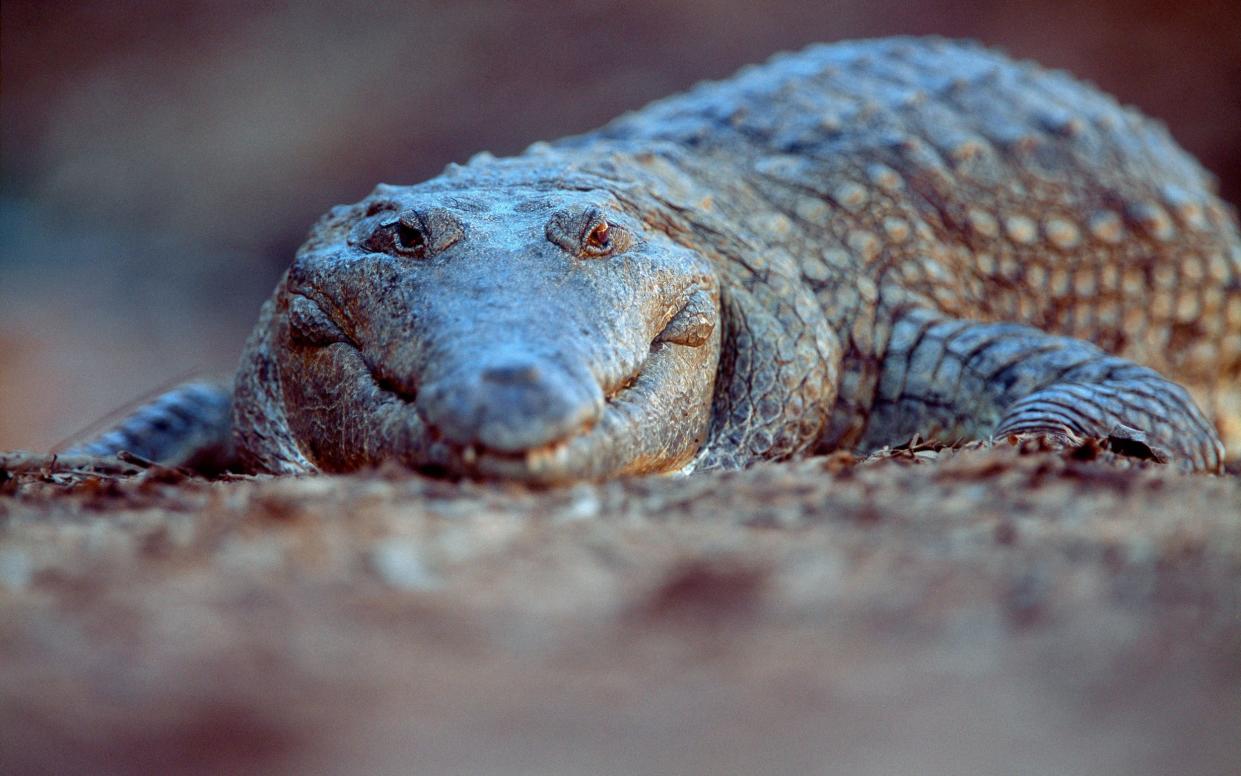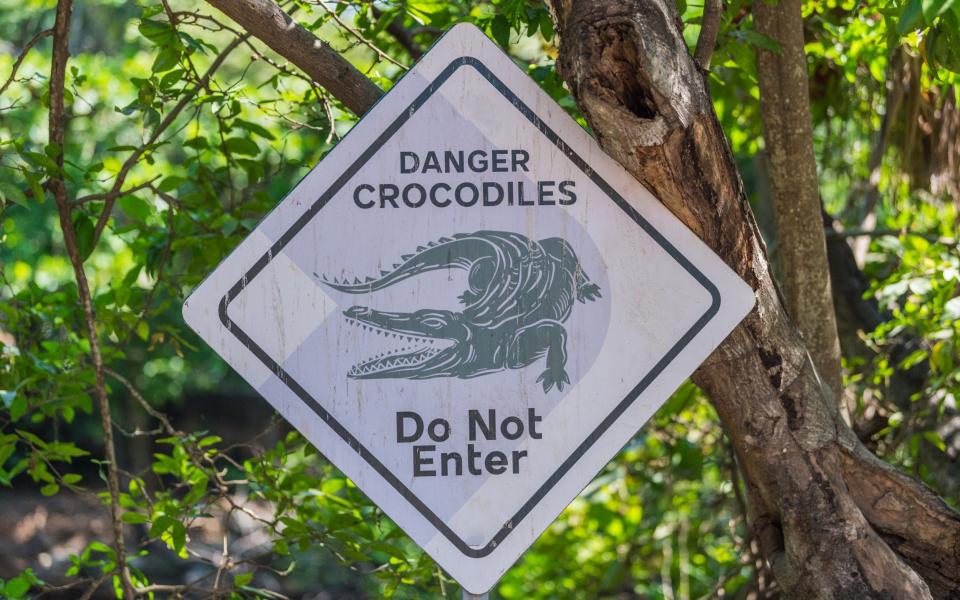Crocodile kills girl, 12, who was ‘cooling off’ in water

The body of a 12-year-old girl has been found in remote northern Australia, two days after she was attacked by a crocodile.
On Thursday, Northern Territory (NT) police confirmed human remains were found near to where the girl was last seen swimming at Nganmarriyanga, a small Aboriginal community 220 miles south-west of Darwin.
Senior Sergeant Erica Gibson said confirmation of the death was “devastating news for the family, the community and everyone involved in the search”.
“Police are providing support to the family and community, along with the first responders who attended the scene,” she told local media.
The girl’s body was found at Mango Creek, where she had been with family on Tuesday as they cooled off while the temperature climbed to over 30C. Earlier, reports emerged that a child’s t-shirt had been recovered from the waterway.
“It was particularly gruesome and a sad and devastating outcome,” Sen Sergeant Gibson told the ABC.
Brent Potter, the NT Police Minister, said on Wednesday that officers had been authorised to “remove” a crocodile seen in the creek as they entered the “recovery stage” of the search.
“It’s a tragic incident for any parent or family member to lose a young child, and especially in the circumstances like that taken by a crocodile,” Mr Potter told local media.
“I know the search and rescue team are currently out there with members from the Wadeye police station and they’ll continue to do that to find that croc.”
He added: “We live in a place where crocodiles occupy our water places. It is a tragic event.”
Members of the public had called police about 5.30pm Tuesday, and searched the water themselves, before official rescue teams arrived with boats and helicopters.
A popular swimming hole for the 450 residents of Nganmarriyanga, the creek is considered safe during the dry season from May to October.
In the wet season, however, crocodiles can swim into nearby watering holes from the Daly River which is home to both freshwater and saltwater species.

Incident follows calls for a crocodile cull
Crocodile numbers have climbed to about 100,000 in the NT since Australia banned culling in the territory in 1971. Before then, the population had dropped to about 5,000.
Although the number of crocodiles has risen, experts have stressed that fatal attacks have remained rare as a result of local management and a ban on swimming during times of heavy rain.
In the NT, fatalities peaked in 2014 when four people were killed. Since then, there have been two fatal attacks, both in 2018.
Calls for a government cull were reignited last July when a two-metre-long saltwater crocodile attacked a man while he was swimming along with a dozen others in a popular water hole.
Following the attack on the 67-year-old man in Litchfield National Park, Natasha Fyles, NT’s chief minister, said that she would be “formally contacting the Commonwealth” to raise the prospect of culling crocodiles.
“I think it’s time for us to consider: Do we need to go back to culling considering the significant increase in the crocodile population, and the impact it’s [having], not just on our tourists and visitors, but also locals,” Ms Fyles said at the time.
More than 3,000 crocodiles have been relocated or killed after being considered a threat to people in NT waterways since 2012, according to government data.
In February, authorities announced that they were working on a 10-year plan to manage crocodile populations.


